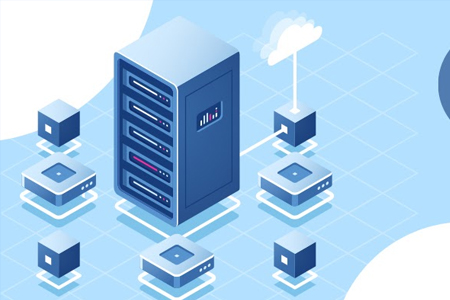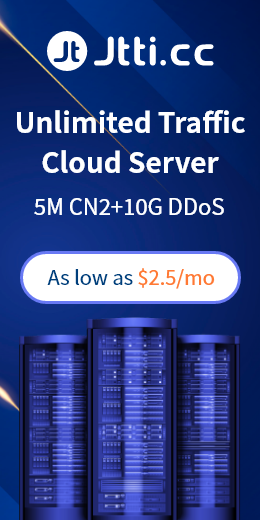What is a cloud server?
The Linux Cloud Server has a lot of names, depending on the marketing trend at a certain time: self -managed VPS, cloud VPS, non -managed (by custody) VPS. This is a platform, namely service (PaaS), usually built in a high -available (HA) infrastructure to obtain the highest speed and normal operation time. The difference between the cloud server host and the management VPS host is::
Lack of server management software -usually CPANEL with a CPANEL with a webhost manager (WHM)
You can install different Linux operating systems (OS) flexibly according to your own wishes
Due to the complexity of each independent server environment, there is no free technical support
Virtual hosts maintain hardware, virtualization and basic operating system installation. The website owner maintains everything else:
Operating system configuration
Backup and snapshot of disaster recovery (DR)
The preferences and customization of the web server (such as Apache, Nginx, Lighttpd)
Safety measures -firewall, anti -virus (AV) scanner, distributed refusal service (DDOS) protection
Server analysis and log analysis for performance baseline
This requires a strong understanding of the Linux command line interface (CLI) or willing to learn. Because of all this, the basic cloud server is only recommended to users who are willing to solve the problem by themselves. Those who are willing to accept challenges can get:
More control over system resources and customization
Lower cost, because software that does not provide technical support or has a license fee
We should also briefly mention the virtual private cloud (VPC) host. The difference between VPS and VPC is very small, but the use of niche is important:
Resource elasticity to meet the peak use
Pay on the number of seconds/hour of seconds of the server, not pay for week/monthly payment
SYSADMINS and developers like VPC because the cost of intermittent testing is low.
The type of cloud server host
The types of cloud server provided by each host dealer are different.
operating system
The cloud server plan usually only provides a list of basic operating systems without bloated software -these software may be helpful for usage, but it is not necessary. We provide the most common Linux distribution for Web servers: CentOS, Debian, and Ubuntu server. Some may provide more UNIX operating systems for niche users, including Gentoo, Arch, and even FreeBSD derivatives.
Internet application
As mentioned earlier, the cloud server is mainly the basic operating system environment. However, some consoles also provide pre -configured cloud servers for specific network applications. This is sometimes called software, which is service (SaaS). For example, we provide Ansible control nodes based on Linux, which is used to automate a large number of remote system redundancy tasks.

Some of the most popular application server types are:
Server management applications, including CPANEL, Webmin/Virtualmin, VESTA control panel and CentOS network panel (CWP)
Network application and content management system (CMS), such as wordpress and nextCloud
Network application firewall (WAFS), such as PFSENSE provided by DDOS, similar to Sucuri and content delivery network (CDNS).
Load balancer, such as haproxy, used the domain name system (DNS) record to disperse the network server request to multiple synchronous servers

 EN
EN
 CN
CN









